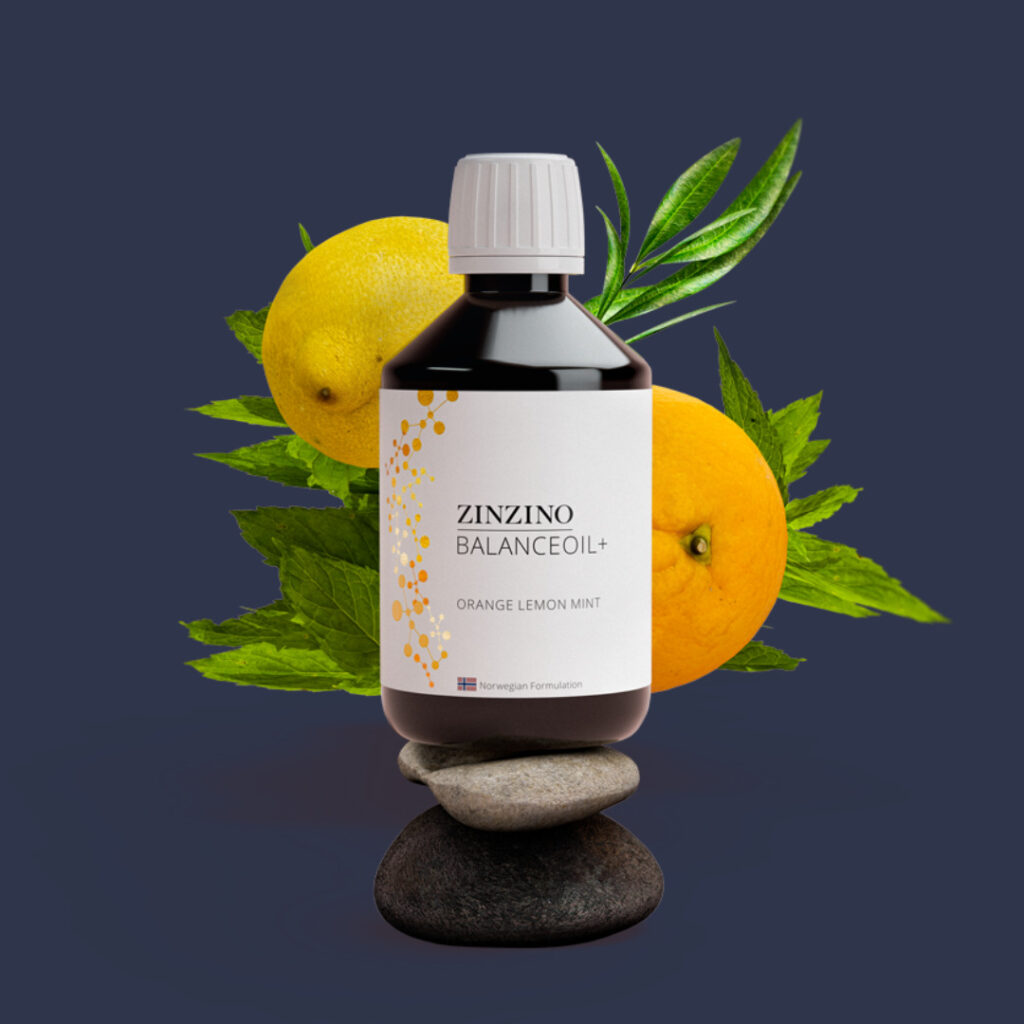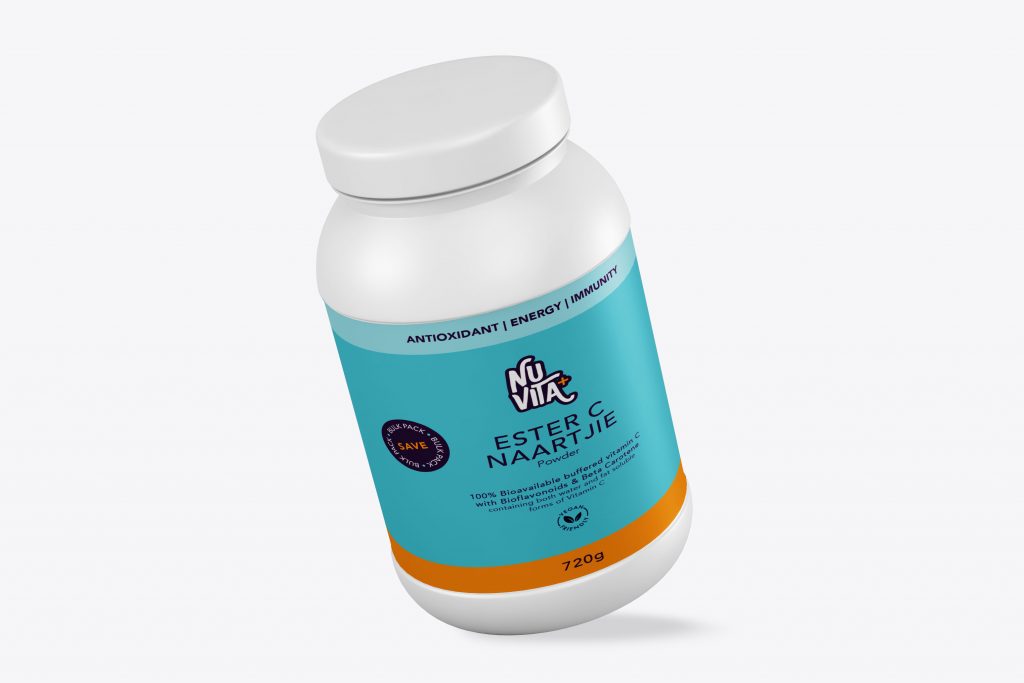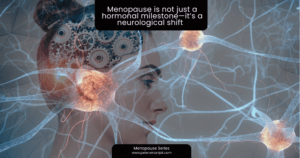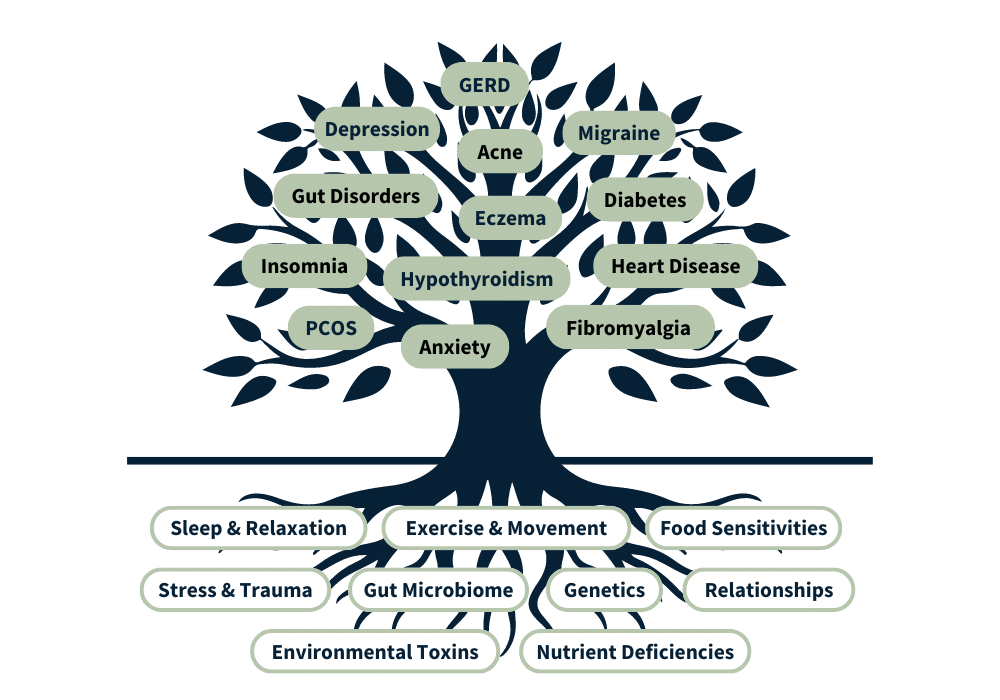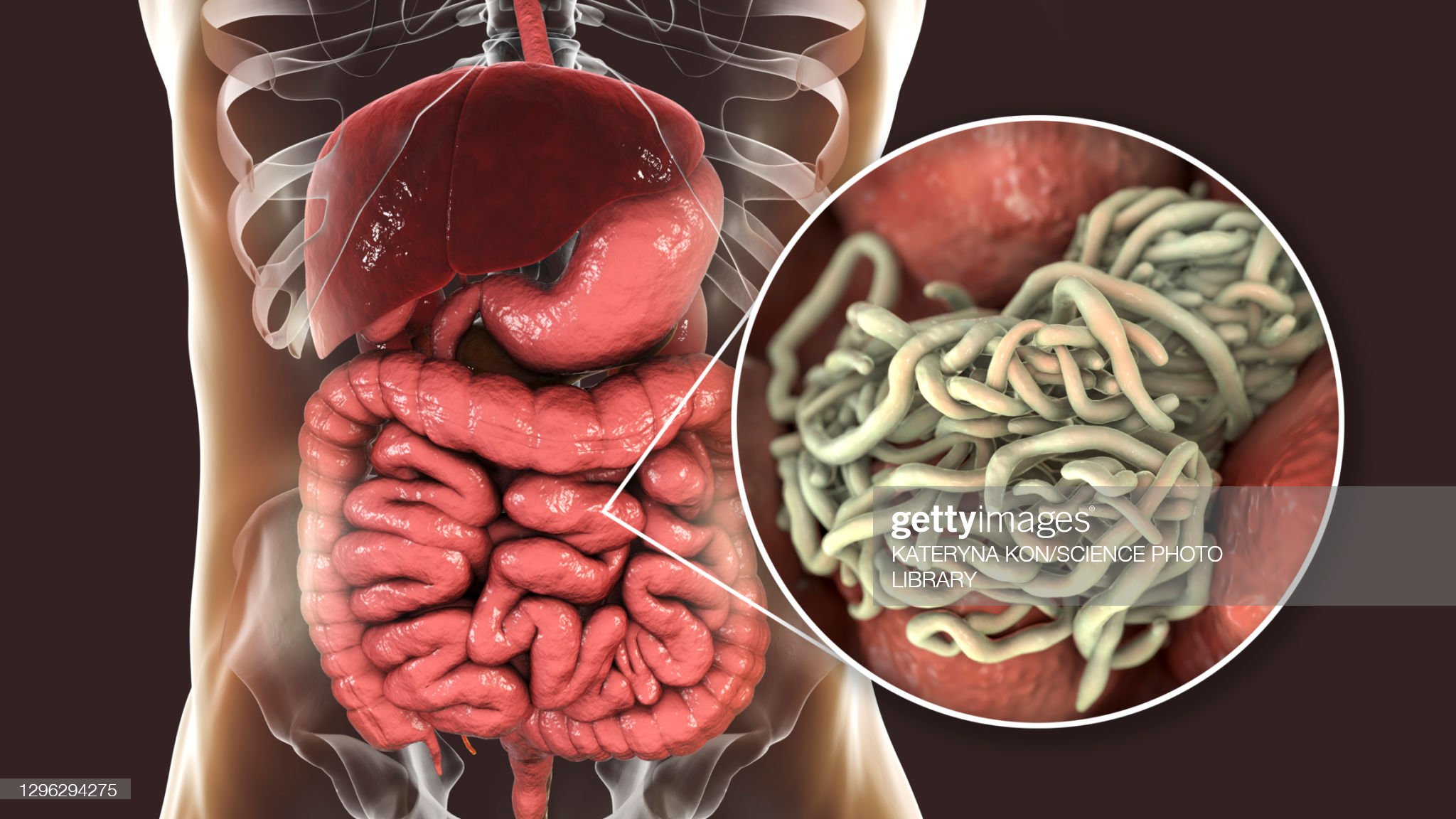Finding out you carry APOE4 can be terrifying. Why?
About 1 in 10 adults will develop Alzheimer’s by the age of 65; by age 85, that risk goes up to 50 percent. Carry one copy of the allele, and you have triple the likelihood to develop late-onset Alzheimer’s disease. Carry two copies, meaning E4/E4 in your genetic report, your chances go up twelvefold, that is a twelve times greater risk of losing your mind, losing your memory.
Have you cared for someone who began first began losing memory, then after a period of time started losing their mind and got to the point where they can’t remember what they said 30 seconds ago or worse, recognise who you are after they had given birth to you many years prior?
A quick science lesson: The APOE gene gives the body instructions on how to produce a protein called apolipoprotein E. This protein ultimately helps regulate cholesterol levels in the blood. There are three major variants to the gene, called e2, e3, and e4. They only differ slightly.
There are three forms of APoE: e2, e3, and e4. E2 is the rarest form, which seems to be linked to a reduced likelihood of developing Alzheimer’s. E3 is the most common and does not seem to influence the risk of Alzheimer’s. However, APoE4 is the greatest genetic risk factor that we know of, and it is estimated to play a major role in Alzheimer’s cases. Though having one or two copies of ApoE4 does not guarantee you will develop Alzheimer’s disease, it does increase your risk substantially.
Video: How Alzheimer’s Changes the Brain
Dementia is a general term for a decline in mental ability severe enough to interfere with daily life. Alzheimer’s is the most common cause of dementia. Alzheimer’s is a specific disease. Dementia is not.
Dementia overview
Dementia describes a group of symptoms associated with a decline in memory, reasoning or other thinking skills. Many different types of dementia exist, and many conditions cause it. Mixed dementia is a condition in which brain changes of more than one type of dementia occur simultaneously. Alzheimer’s disease is the most common cause of dementia, accounting for 60-80% of dementia cases.
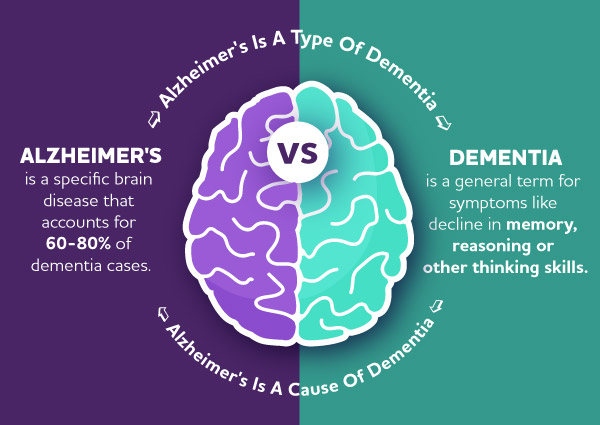
Dementia is not a normal part of aging. It is caused by damage to brain cells that affects their ability to communicate, which can affect thinking, behavior and feelings.
Have you begun your genetic math. Or use this link to see your risk even without a genetic test.
Should you take the step like many of our clients, run a genetic test to determine your risk of Alzheimer’s and many other serious health conditions, by using this link.
One client before a meeting, once stated, “It gets overwhelming, in terms of, ‘What the heck do I do?’ Now that is our work with you and your family or even your oganisation.
If you are armed with the correct information about yourself, you can take the best action steps. However most of life we accept the norm and go with the chaotic flow of how we are programmed. You can change that and be preventative if you have haven’t started already.

APOE4 genetic variant, which has been linked to a higher risk of late-onset Alzheimer’s.
Dietary Changes
Many APOE4 carriers believe that dietary changes offer hope for preventing the disease.
If you knew that you could change a few things to limit your risk of not being able to remember the most mundane things of life, would you change it?
One approach that’s circulated heavily in our health community is the low-carb, high-fat “ketogenic diet.” Much like the popular Atkins diet, it’s meant to retrain the body to use fat, rather than glucose, as its primary source of fuel.
Ketogenic diets first proved useful in the 1920s to prevent seizures in some patients with epilepsy — hinting that the diet may have a broader neuroprotective effect. The diet has not been shown to improve cognition in people with APOE4, but it remains popular among carriers of the genetic variant, who hope it could help stave off dementia.
Others have adopted episodic fasting. They draw hope from what’s known as the Nigerian paradox: Although the APOE4 allele is frequently found among elderly Nigerians, they’re not at increased risk of Alzheimer’s. African-Americans, by contrast, are just as likely to have the APOE4 allele, but develop the disease at much higher rates.
The biggest difference in the populations is that the Nigerians have a lower incidence of cardiovascular disease — as well as lower levels of fats and cholesterol in their blood. So it’s possible that the Nigerian diet, which can include periods of low calorie intake, might protect against dementia. (There is some more general evidence that fasting can help prolong life, though the majority of the work has been conducted in animals.)
The Illusion of Insurance (SA Only)
Do you feel because you have medical aid or some dread disease life insurance cover that you covered? Insurance is not going to stop or help you developing Alzheimer’s. It may not even pay when you expect it to pay.
Did you know some policies of insurance will only pay you out for specific conditions when you have truly lost your mind. Is this what you would risk waiting for or rather willing to prevent.
You may even be on the government scheme – national health insurance, having someone in you family waiting in the queue with you.
This is sad picture and a picture for many in your employment. What needs to happen? Embrace identifying your risk of disease and then intervene accordingly. No disease can be worked in isolation. You need a simple or comprehensive blueprint to being well.
Our work is to prevent the deteriorating health of all people willing to participate in doing so. This could happen in the corporate setting where under the medical aid, and whichever scheme the company is on, we fit in and do our work.
Connect with us as you may even be the lucky one to have the gift of being sponsored a genetic test.

